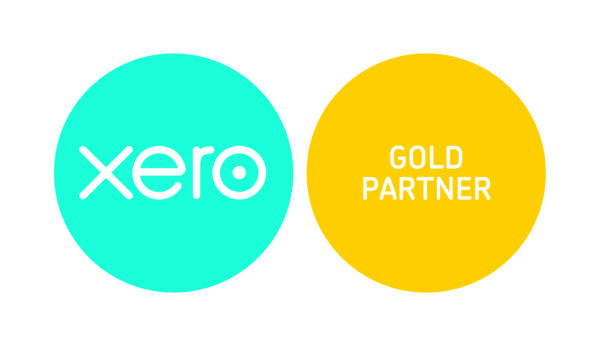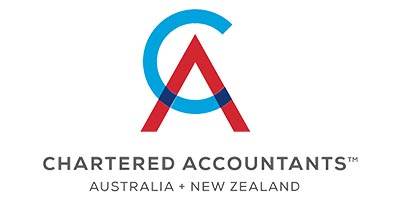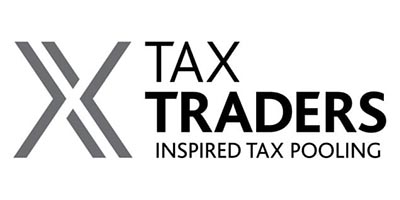Reforms passed under urgency yesterday deliver the single biggest government support package to businesses via the tax system in modern New Zealand history.
It will provide businesses with more than $3 billion in tax relief. The package takes the total amount Government has, and is planning to, spend to more than $23b.
The measures include a $3b tax loss carry-back scheme that will allow a large number of businesses to access their previous tax payments as cash refunds. This means a forecast loss in the current financial year can be offset against the tax paid on a profit from the year before.
The omnibus bill also has measures to support commercial tenants and landlords and $25 million for further businesses support over the next year. The urgency with which the bill was passed means cash could start flowing to businesses via the tax system as early as next week. The tax package changes are in addition to the Government’s more than $10b wage subsidy scheme.
The main features of this package include:
- A tax loss carry-back regime allowing losses to be carried back one year.
- Allow Inland Revenue to change due dates, timeframes or other procedural requirements for tax returns for taxpayers affected by COVID-19.
- Ensure the treatment of benefits and pensions paid to New Zealanders stranded overseas is consistent with the treatment of equivalent payments in New Zealand.
- Bring forward the commencement date of certain protections relating to high-cost consumer credit contracts.
- Prevent famers and others working with animals having to call in vets to undertake minor surgical procedures during the lockdown.
Loss Carry Back Scheme
The loss carry back scheme means that business can project losses this year (due to the effects of COVID-19) and carry them back to last year to claim back tax paid during that year.
For example:
Let’s assume a Building Company had $100,000 profit last year and hence paid $28,000 in income tax. This year they are projecting to make a loss of $50,000. They could take the $50,000 loss back to last year and get back $14,000 of tax they’ve paid refunded to them.







